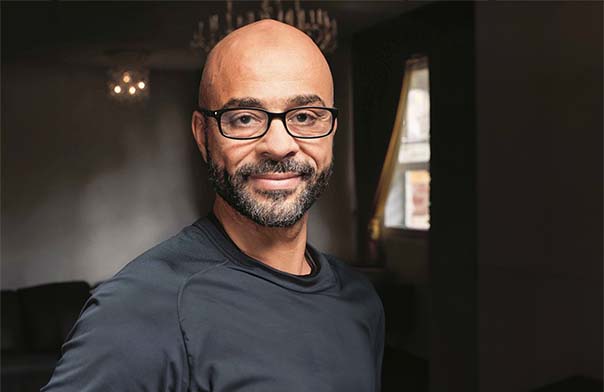The rise of generative AI is set to disrupt the global workforce in a way never seen before, warns Mo Gawdat, former Chief Business Officer at Google. Speaking on the ‘Diary of a CEO’ podcast, Gawdat predicted that AI could render software engineers, CEOs, and even podcasters obsolete by as early as 2027 — a period he chillingly described as “hell before we get to heaven.”
Now leading an AI-driven startup called Emma.love, Gawdat revealed that his company operates with just three people — a job that would have previously required over 300 developers. This, he argues, is just a glimpse of what’s coming.

The End of the Educated Middle Class?
Unlike earlier industrial revolutions that disrupted blue-collar labor, Gawdat believes the AI era will primarily impact educated white-collar professionals. He warns that those outside the elite 0.1% may become “economically irrelevant.” As people lose their jobs, a widespread mental health crisis, increased isolation, and rising social unrest may follow, he adds.
Post-2040: A New Society?
Despite the bleak short-term outlook, Gawdat is optimistic about the long-term future. He envisions a post-2040 world shaped by creativity, community, spirituality, and love — free from repetitive tasks and overconsumption. To reach that ideal, however, he stresses the need for governments to implement universal basic income (UBI) and establish strong ethical frameworks around AI.
Microsoft Study Supports Gawdat’s Outlook
Gawdat’s concerns echo findings from a recent Microsoft study that analyzed the relationship between AI and job roles. The research identified 40 professions where AI can significantly assist, and another 40 where it’s irrelevant. Microsoft also acknowledged that rapid advancements in robotics and automation are likely to disrupt various sectors of the workforce.
